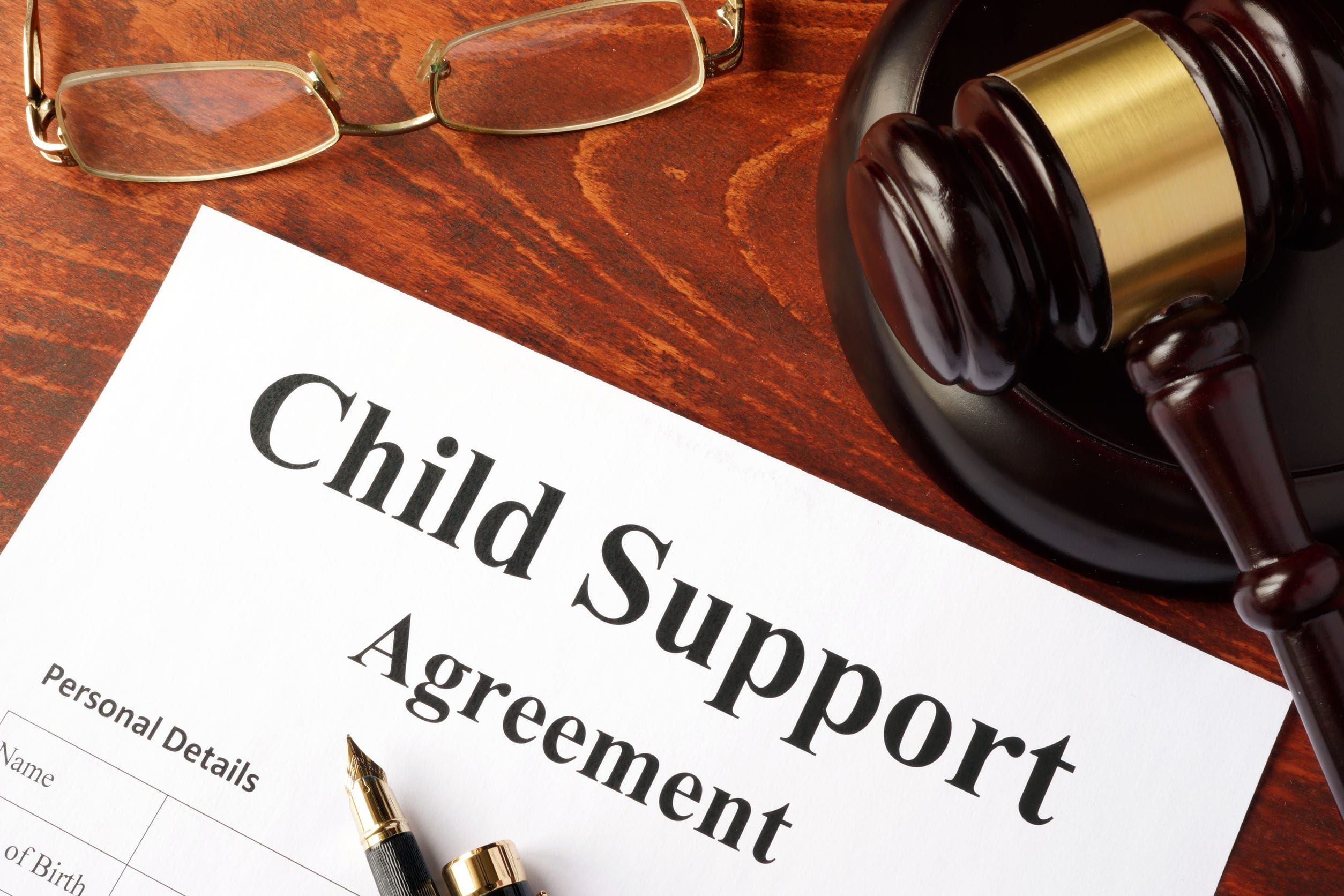Understanding More About How Your Minnesota Child Support Works
<
Financial support is something a child needs from both parents. Under the law in Minnesota, children have the right for both their parents to financially support them.
Whenever a couple with children separates, whether they’ve been married or not, child support is determined under the Minnesota Child Support Guidelines.
There’s no question that, at times, the law can be a bit confusing. Luckily, how child support in Minnesota works isn’t that difficult to understand.
Here is a breakdown of how child support is determined and other general information you need to make sure your child support arrangements are fair.
Child Support: What Is It?
The money that a parent or parents pay to help support a child that does not live with them is called child support. Child support can be broken up into three parts. They are basic child support, medical child support, and childcare support. Learn more about each below.
Basic Child Support
This is the money that goes toward paying for expenses such as housing, clothing, transportation, and food.
The expenses are divided based on the parent’s incomes and the amount of time the child spends with each parent. The parent that has the child most of the time is the one that receives child support.
If there is a situation where the child spends equal time with each parent, then basic support may not be ordered. In circumstances where the parenting time is equal, but the parents have income that is not, then the one with the higher income usually pays child support.
Medical Child Support
This is the support that pays for a child’s dental and medical expenses and is in addition to basic child support. Under the law, each parent is responsible for a portion of their child’s dental and medical expenses, but the amount will depend on their income.
Medical child support includes the payment of insurance premiums, co-pays, and any other dental or medical expenses not covered by insurance.
Childcare Support
This is the support that helps pay for childcare that may be required while parents are going to school or working. In cases where the state helps to pay for childcare, this support is paid to the state instead of the other parent.
Getting Child Support

In order to obtain child support, a parent must bring their case to court. The county can also bring the case on behalf of the parent.
Judges often order child support as a part of a paternity action, custody case, divorce case, or Order for Protection case. Of course, it can be a case by itself.
While you don’t need a lawyer to bring a case for child support before the court, securing one can help you to perhaps expedite the process as well as ensure the outcome is the best for everyone involved.
What About Paternity?
In every child support case, paternity must be established. If parents were married, then it presumed that the husband is the father, which basically establishes paternity for the court.
However, in cases where the parents were not married, paternity must be established either through court action to name the father or the father signing a form named a Recognition of Parentage.
How Child Support Is Calculated
Minnesota uses specific guidelines to calculate the amount of child support to be paid. This number is found by adding together the income of both parents and then calculating the income share of their responsibility based on that income, the number of children, and the assumed cost of raising the children.
Child support is calculated using gross income, which includes all wages, military payments, disability payments, self-employed income, pensions, payments from gifts or trusts, and unemployment.
Any deductions from income, such as taxes, union dues, or contributions to retirement funds are not deducted for a child support calculation.
Modifying Child Support

Once a child support agreement is reached with the court, that doesn’t mean it’s set in stone forever. Life can change and the court understands that, which is why you can modify child support if you experience any of these situations:
- Loss of a job
- Change of a job
- Decrease or increase in income
- Change in the custody of the child
- Decrease or increase in living expenses
- Emancipation of a child
- Change in daycare costs
- Change in visitation or parenting time
- Birth of another child (non-joint)
- Change in the cost or availability of dental/health insurance
Having a lawyer is crucial in child custody cases to help protect your interests and have changes made to the order when necessary.
Child custody and support can be difficult issues to navigate, which is why it’s crucial to understand your own rights in the process and protect them.
About the Author:
A former Assistant Public Defender for the Sixth Judicial District in Duluth and former staff attorney for the Indian Legal Assistance Program, Brent R. Olson is an experienced trial lawyer who has appeared in every Courthouse in the Sixth Judicial District and taken over three dozen cases to verdict. At LaCourse, Poole & Envall, Mr. Envall focuses on family law, workers’ compensation, and criminal defense. He has a strong belief in restorative justice and helped to develop the Domestic Violence Restorative Circles program.
















